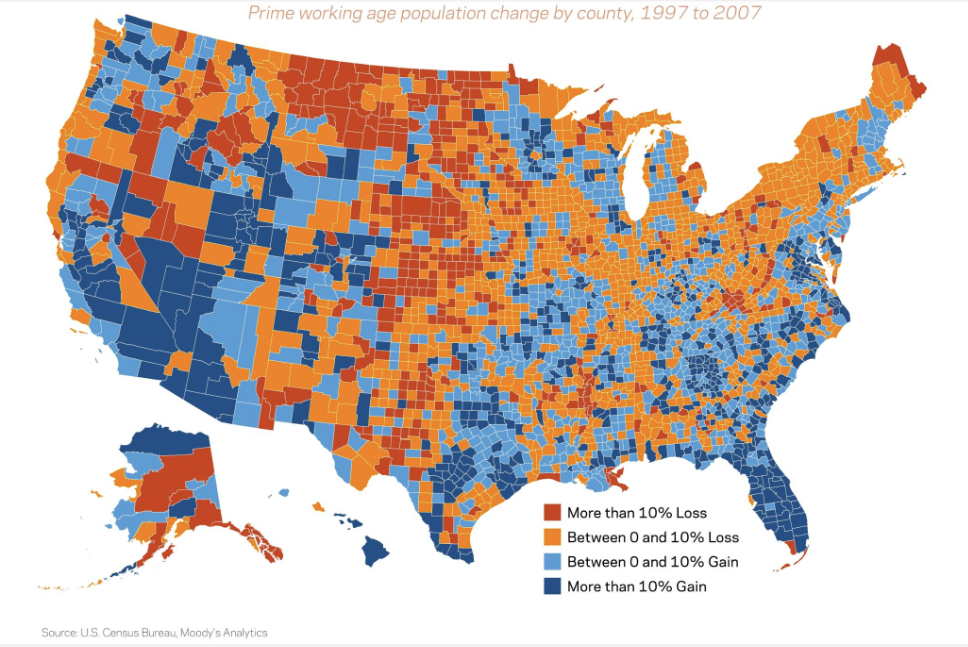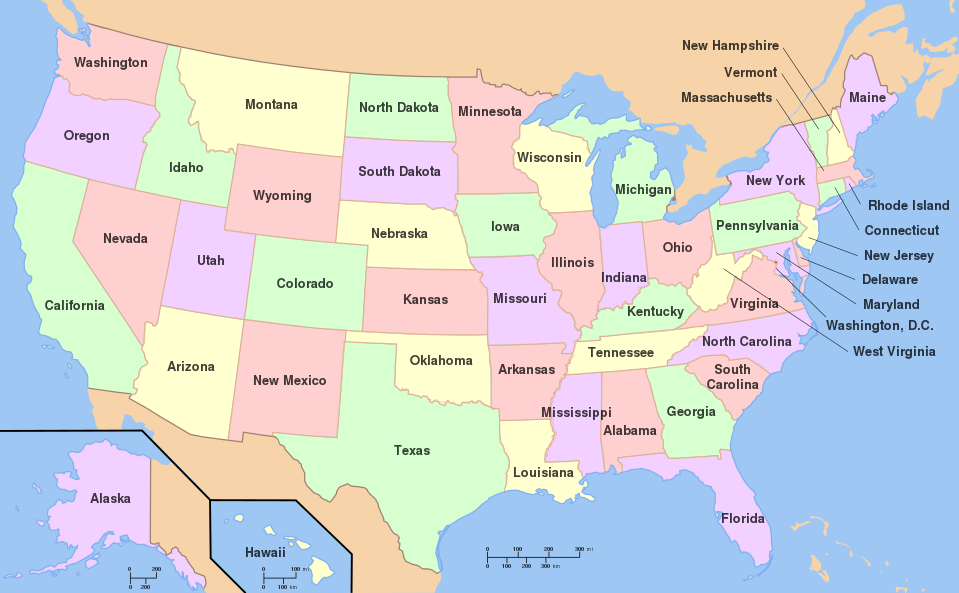PLACE-BASED VISAS: What They Are & Why We Should Try Them

In our last blog, we discussed the public charge rule that recently went into effect. Aside from the essence of the rule amplifying our country’s discrimination of immigrants, it’s also no solution to our country’s economic issues. Especially in certain regions.
John Lettieri, the President & CEO of the Economic Innovation Group, a bipartisan research and public policy organization, shed light on this issue in an essay published in November of 2019. In it, Lettieri discusses the implications of our declining population growth. While the U.S. population grows each year, it grows by a smaller margin – about 900,000 fewer people each year. Lettieri explained that this has a serious effect on our economy on a national and state level, but especially at the municipal level, where population loss, “depresses home values and weakens municipal finances,” and stunts entrepreneurship due to fewer workers and potential customers.
A potential solution? “Place-based” visas. Such a visa would aim immigrants – especially skilled immigrants – to the regions in our country that are struggling due to these demographic and economic declines. In the same way that employment-based visas require sponsorship by employers for skilled immigrants to be considered and granted a visa for entry, a place-based visa may involve the implementation of such a program for qualified regions and municipalities all across the U.S., and a commitment on the part of immigrants that is similar to those that are here on employment-based visas.
The best part? Whereas certain political figures and media outlets use immigrants as a scapegoat for certain economic issues, a place-based visa would do the exact opposite. Immigrants on place-based visas would contribute directly to and have an entirely positive impact on the U.S. economy.
Why not try? It’s a win-win for everyone.









